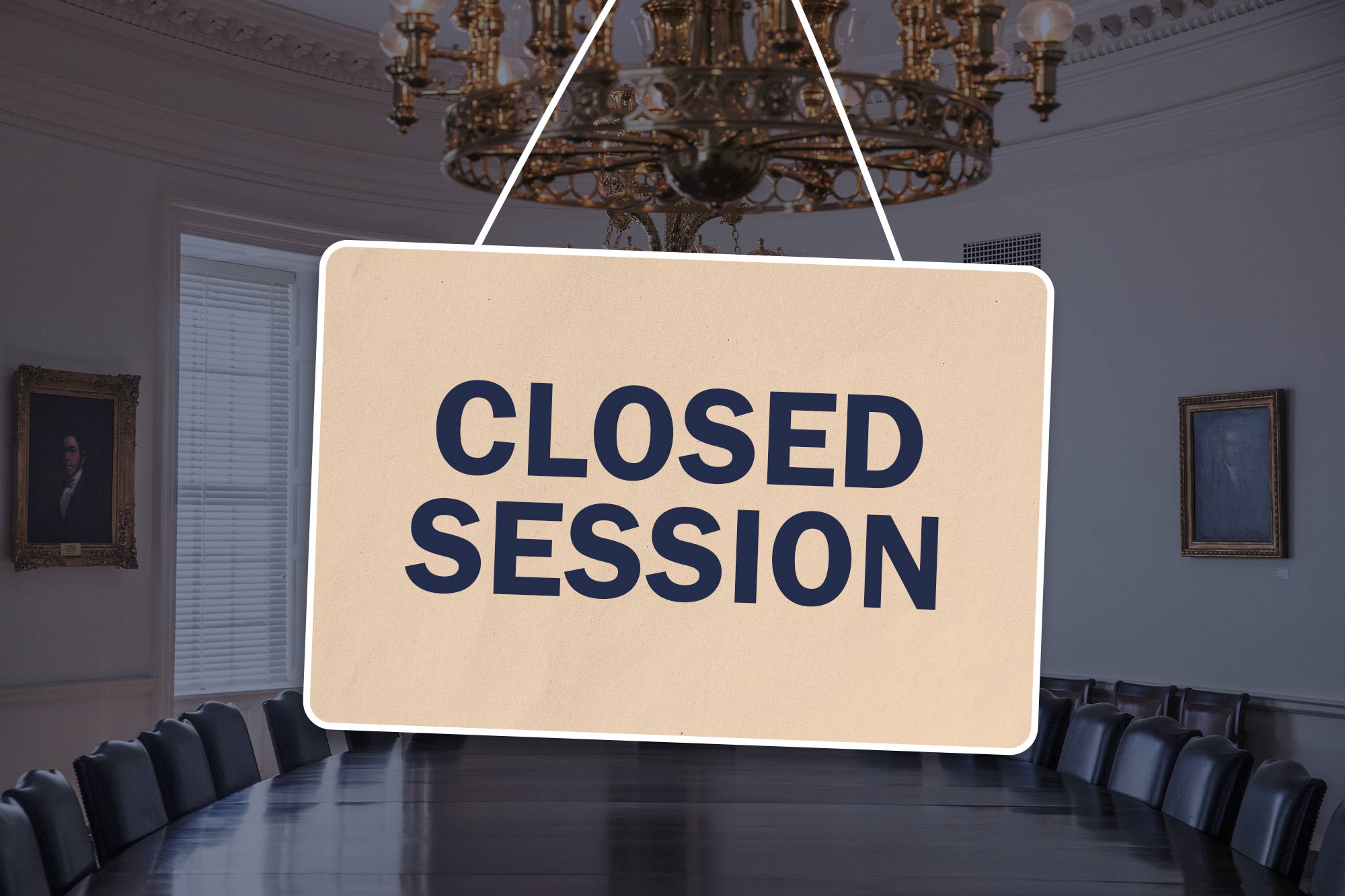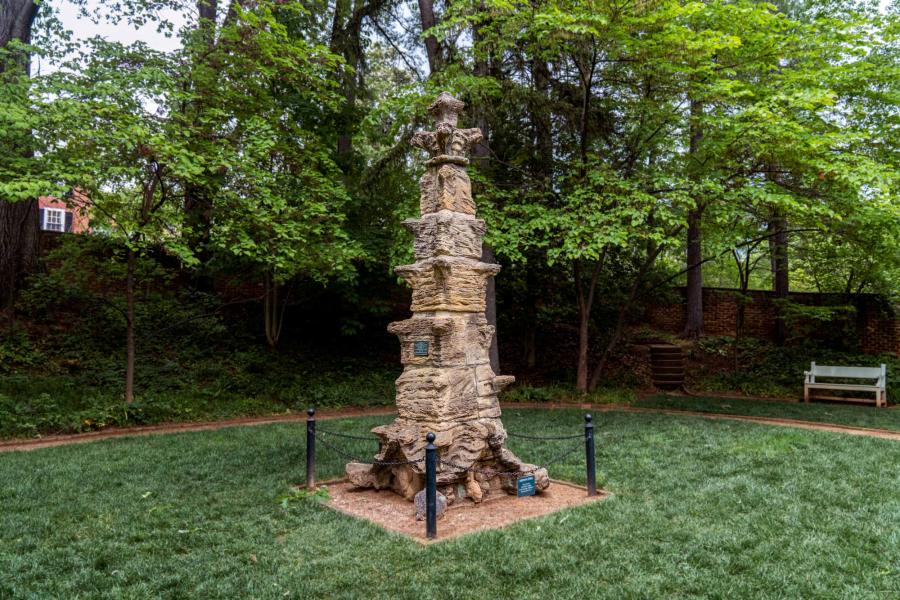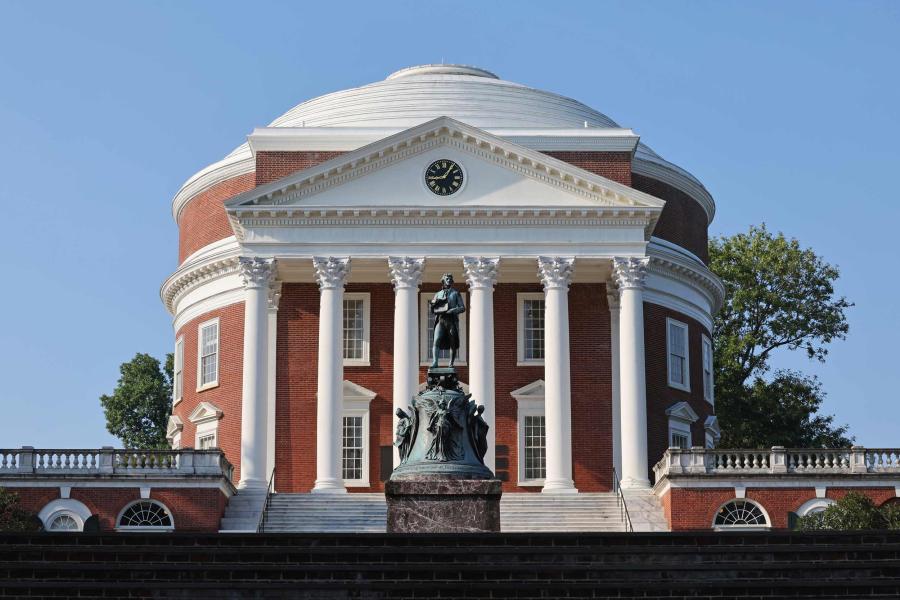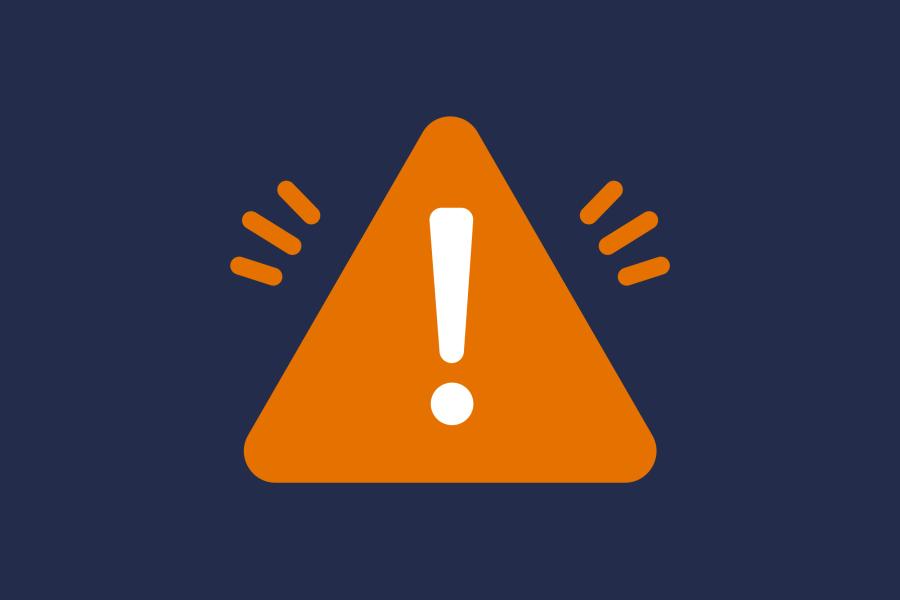It can seem dramatic in the moment.
Suddenly, after hours of discussions about routine University of Virginia matters, from building plans to fundraising progress, the Board of Visitors switches gears and goes into a closed session. People leave the room, and the livestream cuts off.
But it’s actually routine for all public bodies, from university boards to city councils. So, what exactly is a closed session and what happens in one? That’s the question “So Hoos Asking” takes on today.
Let’s start by backing up a step. According to Virginia law, meetings of public bodies, including the Board of Visitors are, as you might expect, open to the public. But there are times when discussions must be kept private, like if the board is discussing student records, considering public safety plans, or getting advice from an attorney. In fact, Virginia law outlines 54 reasons public boards might go into closed sessions.
But there are rules for closed sessions. The agenda for board meetings, including closed sessions, is determined in advance of the meeting, and any motion to enter into closed session is written by the secretary to the Board of Visitors and approved by University counsel. In the meeting, a designated member of the board makes the motion to enter into closed session to discuss certain topics, specifically citing one of the 54 exceptions. A majority of the other board members must agree.
Once in closed session, they can’t vote for anything, and they must keep the conversation confined to the matters at hand. When the closed session is done, the members must publicly affirm they stuck to the rules.











